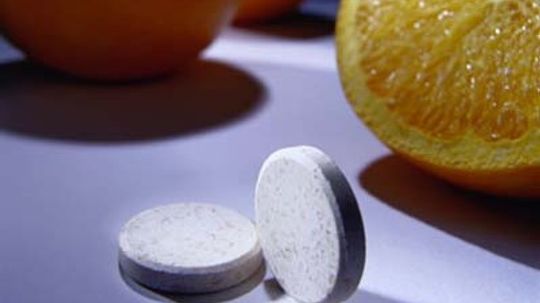Vitamin and Supplement Facts
Vitamin and supplement facts can help you determine whether you need to complement your diet. Read up on the facts before you head to the store.
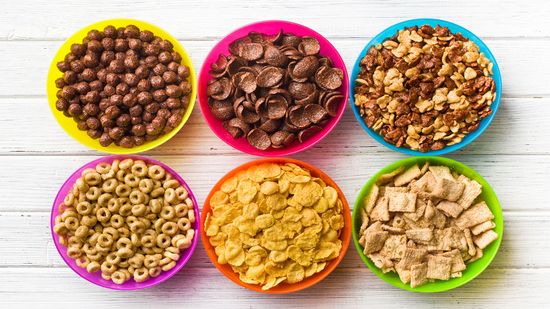
Ultra-processed Foods May Increase Inflammation, Chronic Disease Risk

Top 5 Anti-aging Vitamins

Your Basic Health Maintenance Plan

The Worst Bottled Water Brands Are Basically Filtered Tap Water
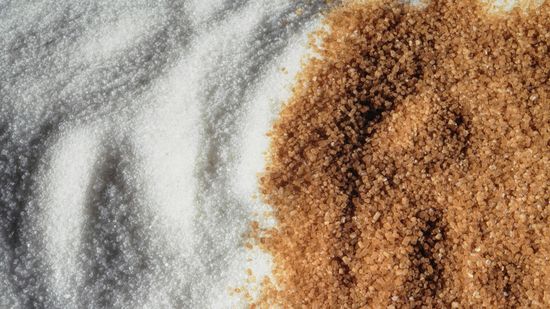
What's the Difference Between White Sugar and Brown Sugar?
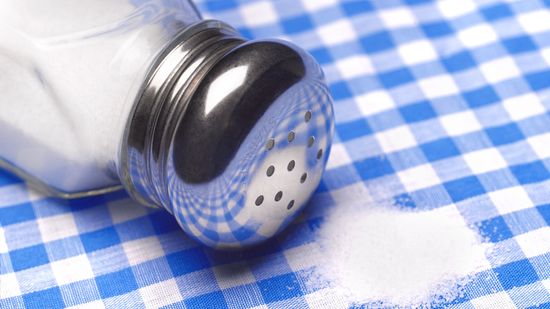
A Simple Salt Swap Could Save Thousands of Lives, Maybe Yours
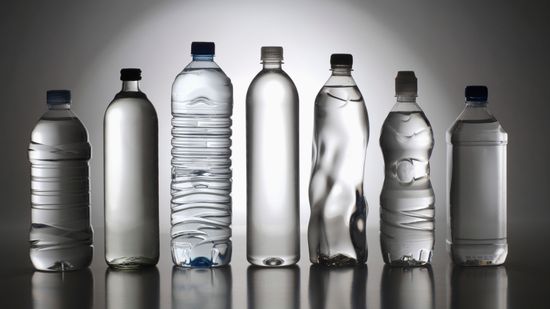
Healthiest Bottled Water: 12 Options Available in Stores

Do You Need Soap to Get Your Dishes Clean?
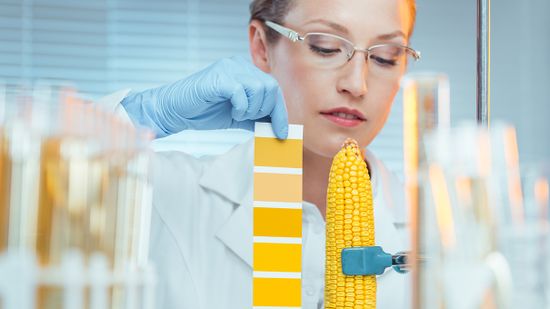
The FDA and America's Frightening Food System

U.S. Workers Get 1,292 Extra Calories per Week From Snacks at Work

Why a Second Breakfast Can Be Good for Us
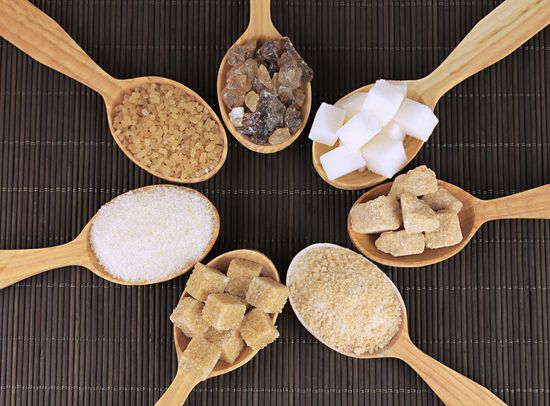
Is brown sugar healthier than white sugar?
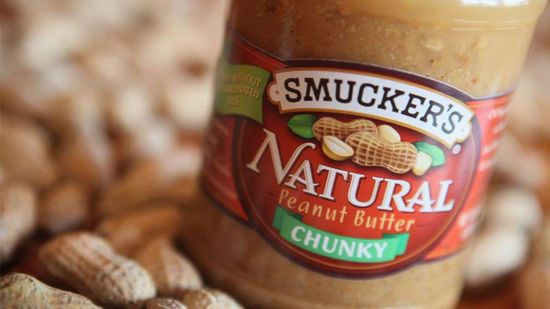
What Makes a Food 'Natural'?
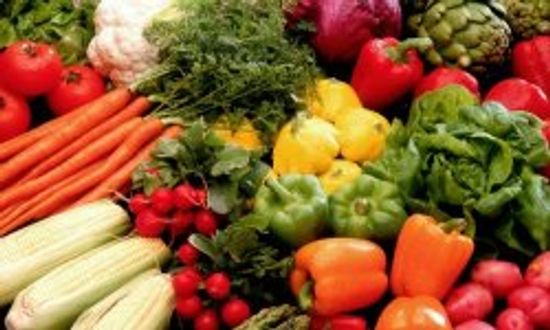
20 Healthiest Foods Pictures
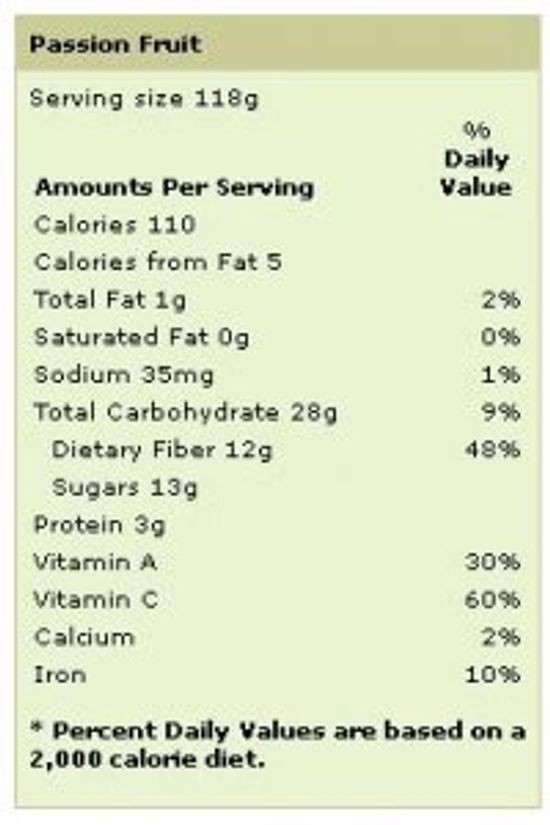
Passionfruit: Natural Food
Learn More / Page 3
Biotin is not a well-known vitamin, but it's no less vital than the others. It plays a crucial role in metabolism, helping convert our food to energy. Increase your knowledge about this unheralded vitamin.
You use folate every day as your body builds new cells. But how much do you need, and how much is too much? Learn more about this crucial vitamin.
Due to the influx of news surrounding the benefits of vitamin C, many people feel that when it comes to vitamin c supplements, more is automatically better. Learn more about vitamin C supplements.
Advertisement
Prenatal vitamins (brand names Prenatal-1 + Iron and Stuartnatal Plus) are multivitamins and mineral supplements for use during pregnancy and nursing. Learn about the benefits of prenatal vitamins, as well as the potential side effects.
Many people take a multi-vitamin each day, but most people don't know much about them. What is the difference between vitamin A and vitamin C, for example? If you don't get enough vitamins, what happens? Learn all about vitamins.
I recently bought a carton of eggs that claimed, "These eggs are high in Vitamin E, contain 100 mg of Omega 3, and have 25% less saturated fat than regular eggs." How can you get chickens to lay these special eggs?
Vitamin C is something you hear about all the time -- learn the real scoop on this important nutrient and how it can help your body function properly!


